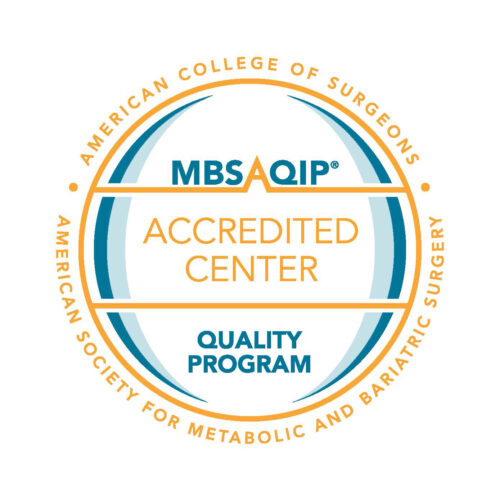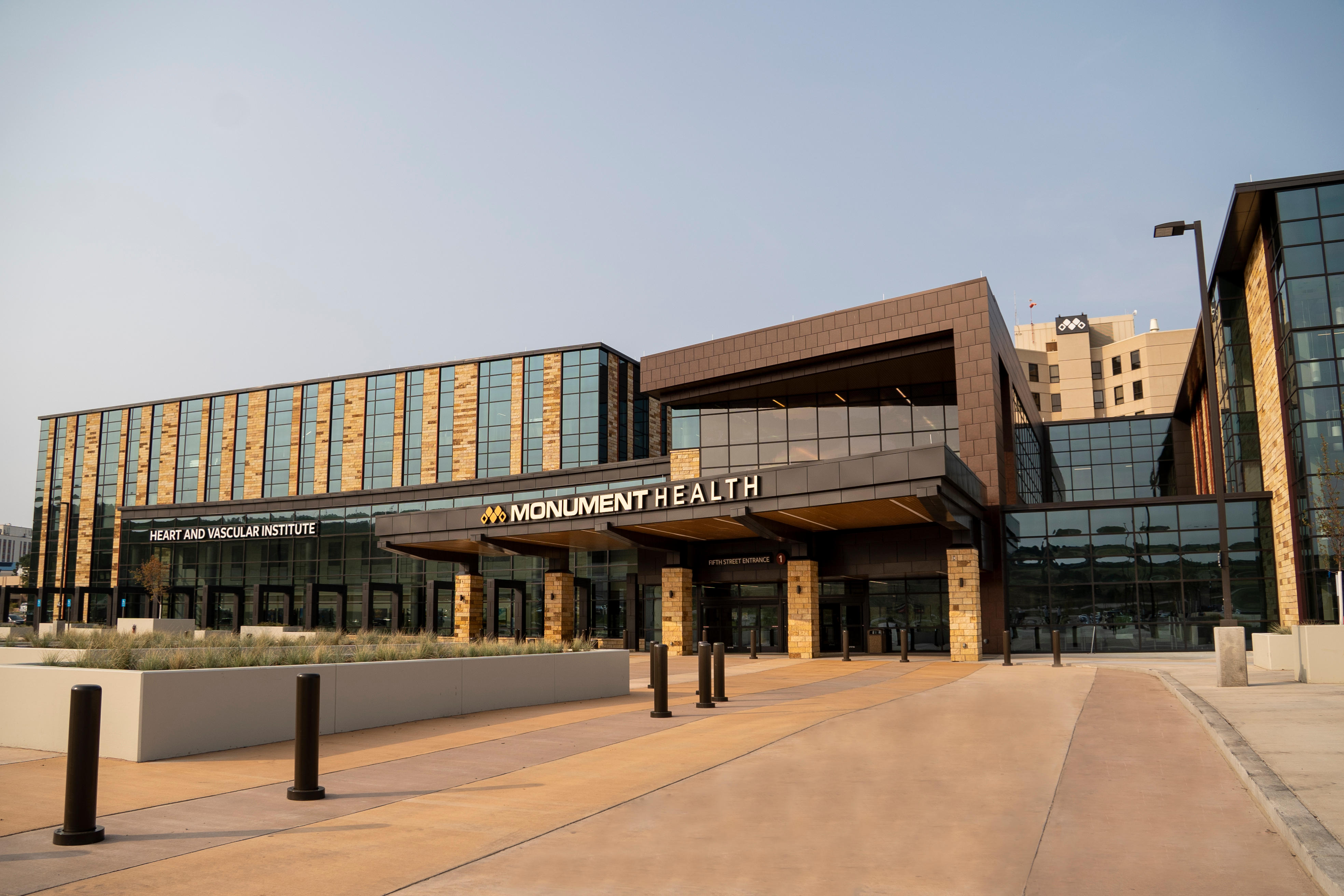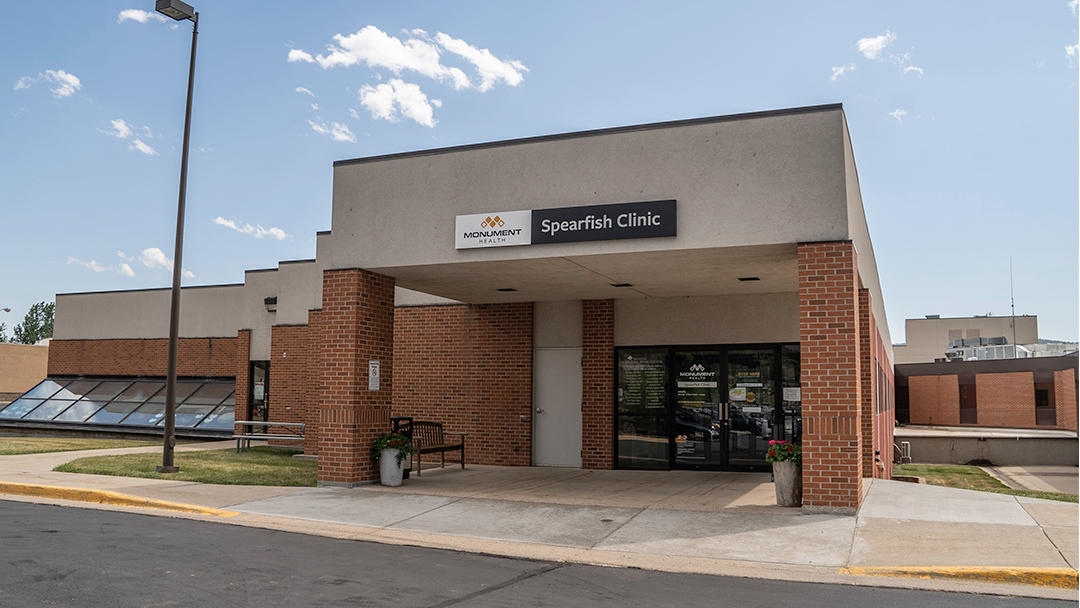
BARIATRICS
If your weight has started affecting your health and your way of life, and other weight loss methods have proven unsuccessful, it may be time to consider weight-loss (bariatric) surgery. Our bariatrics team offers procedures such as gastric bypass, gastric sleeve, duodenal switch, adjustable gastric banding and endobariatrics via surgery or hormone medications.

Accredited by the MBSAQIP
The Metabolic and Bariatric Surgery Accreditation and Quality Improvement Program (MBSAQIP) works to advance safe, high-quality care for bariatric surgical patients through the accreditation of bariatric surgical centers. The program accredits bariatric surgery centers in the United States and Canada that have undergone an independent, voluntary and rigorous peer evaluation in accordance with nationally recognized bariatric surgical standards.
American Society for Metabolic and Bariatric Surgery (ASMBS) Guidelines for weight-loss surgery:
- 18 years or older
- Inability to achieve a healthy weight sustained for a period of time with prior weight-loss efforts
- BMI ≥ 30 and at least two or more obesity-related co-morbidities such as type II diabetes (T2DM), high blood pressure, sleep apnea and other respiratory disorders, non-alcoholic fatty liver disease, osteoarthritis, lipid abnormalities, gastrointestinal disorders or heart disease
- BMI ≥ 35 and at least one or more obesity-related co-morbidities such as type II diabetes (T2DM), high blood pressure, sleep apnea and other respiratory disorders, non-alcoholic fatty liver disease, osteoarthritis, lipid abnormalities, gastrointestinal disorders or heart disease
- BMI ≥ 40

Monument Health Bariatric and Metabolic Institute
353 Fairmont Blvd, Rapid City, SD 57701
Location Details
Monument Health Bariatric and Metabolic Institute
1445 North Avenue, Spearfish, SD 57783
Location Details Keena Byrd-Moro, DNP
Keena Byrd-Moro, DNP
Spearfish, SD
 Katy Jones, DNP
Katy Jones, DNP
Spearfish, SD
More From Monument Health

Healing Bonds
December 13, 2024

Monument Health Foundation Purchases Ultrasound for Sturgis Hospital
December 13, 2024






